Publications
Articles, publications, books, tools and multimedia features from the U.S. Institute of Peace provide the latest news, analysis, research findings, practitioner guides and reports, all related to the conflict zones and issues that are at the center of the Institute’s work to prevent and reduce violent conflict.

Want more accountability for the Taliban? Give more money for human rights monitoring.
Ahead of the U.N. General Assembly last week, U.N. Special Rapporteur on Human Rights in Afghanistan Richard Bennett released his first report grading the Taliban’s treatment of Afghans’ rights. It was an F. In the past year, the Taliban have engaged in a full-scale assault on Afghan’s human rights, denying women access to public life, dismantling human rights institutions, corrupting independent judicial processes, and engaging in extralegal measures to maintain control or to exact revenge for opposition to their rule. That is one of the main reasons — along with their continued support of al-Qaida and a refusal to form a more inclusive government — that Afghanistan has no representation at the U.N.

Brian Harding on the First U.S.-Pacific Islands Summit
As President Biden hosts a first-ever U.S. summit with Pacific Island countries, USIP’s Brian Harding says regional leaders “have some concerns” about growing U.S.-China competition — but they would rather “talk about their own interests and needs … If you ask them, their top priority by far is climate change.”
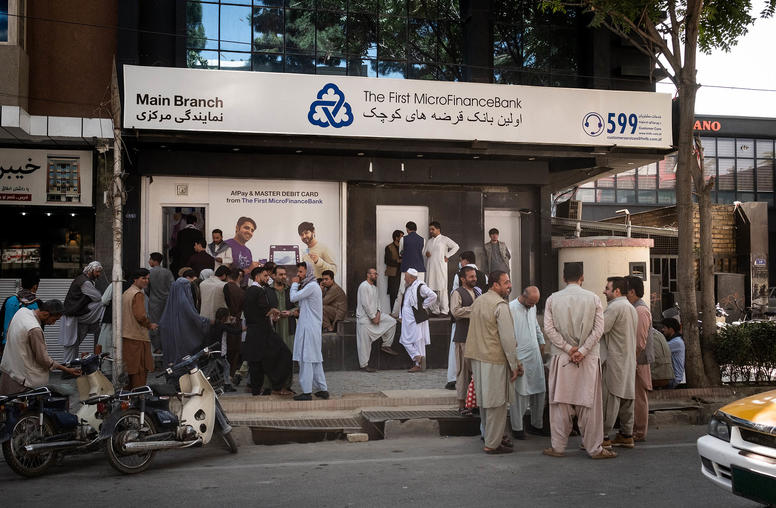
U.S. to Move Afghanistan’s Frozen Central Bank Reserves to New Swiss Fund
For almost seven months, Afghan central bank reserves frozen by the United States and set aside to somehow help the Afghan people, have sat, immobilized. Now those funds — $3.5 billion — are at long last on the move. On September 14, the U.S. and Swiss governments unveiled the “Fund for the Afghan People” as a Geneva-based foundation with its account at the Bank for International Settlements. The Fund will preserve, protect and selectively disburse this money. With this major policy step accomplished, new questions arise: What do these developments mean, what are realistic expectations for the reserves, and what needs to happen next?
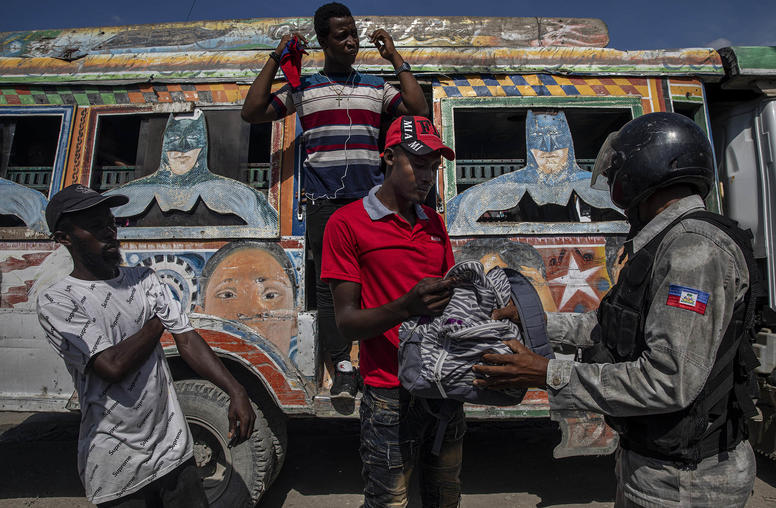
Give Haiti Another Chance — and the Support It Needs
In the midst of a clearly unfolding humanitarian disaster, many friends of Haiti are turning away from the impoverished nation, arguing that everything has been tried and little has worked. But turning our backs on Haiti now will only consign the country to misery, violence and hunger, with the ensuing outflow of emigrants. Based on wide experience in eight conflicts, to include Haiti, I believe there is a way out of the current dead end. It requires patiently and assertively combining international expertise and resources with Haitian will and energy to address the country’s intertwined problems of security and governance.
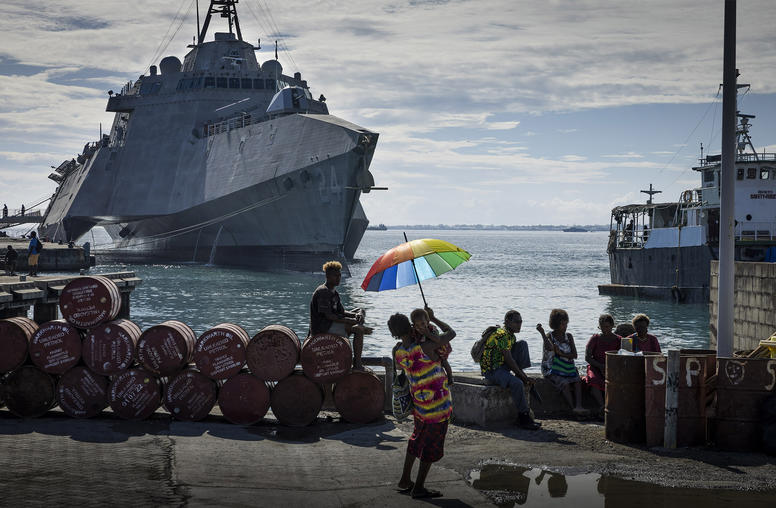
Why is Biden Hosting the First U.S.-Pacific Islands Summit Now?
President Joe Biden will host leaders of Pacific Island countries for a summit at the White House from September 28-29, the latest U.S. effort to strengthen ties with a region that is increasingly the focus of competition between China and the United States and its partners. While China is a major force behind the United States’ effort to reengage with the Pacific Islands, strategic competition has also reawakened Washington to its fundamental interests in the region, which have existed for many decades, and long predate the current era of U.S.-China rivalry.
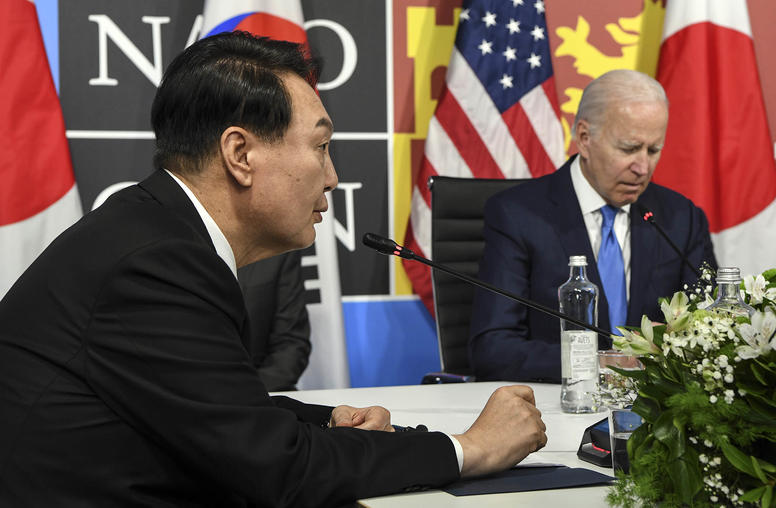
The 1963 Franco-German Reconciliation Treaty: A Guide for Japan and South Korea?
Relations between Japan and South Korea are at a dead end. Officials on both sides have acknowledged the need to improve relations. Beset by stark differences over compensation for historical issues of coerced sexual slaves (so-called comfort women) and forced labor, and contemporary issues of trade, the relationship needs a game changer to alter course. South Korean President Yoon Suk-yeol has called for a “rethink” of the relationship. Conflict-resolution practices beyond East Asia could help us to think outside the box.

Regime Preservation is Putin’s Primary Concern
Russian President Vladimir Putin and the Russian leadership are not irrational. Their primary goal is regime survival. To date, the Russian military’s poor performance in Ukraine does not present an existential threat to the Putin regime. Neither the Russian military’s failure to decisively defeat the Ukrainian military nor a Ukrainian victory that leads to complete expulsion of Russian forces from Ukrainian territory are likely to topple it.
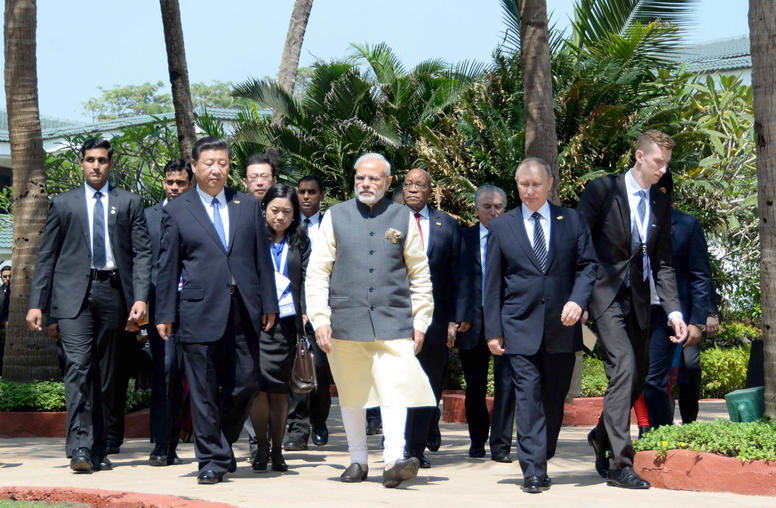
Modi, Putin and Xi Join the SCO Summit Amid Turbulent Times
The Shanghai Cooperation Organization (SCO) resumed in-person summits last week in the wake of the COVID pandemic and at a moment of unprecedent change and challenge. Member states Kyrgyzstan and Tajikistan are at war over their border. So are dialogue partner states Armenia and Azerbaijan. All SCO members are dealing with the economic impact of the Russian war in Ukraine as well as climate disruptions like the floods overwhelming Pakistan. Mistrust between India and Pakistan, full members since 2017, make cooperation difficult on the SCO’s original core mission of counterterrorism. And India and China, which were building toward the “Wuhan spirit” of cooperation when India joined in 2017, are hardly on speaking terms despite recent progress toward deescalating a friction point along their disputed Line of Actual Control.
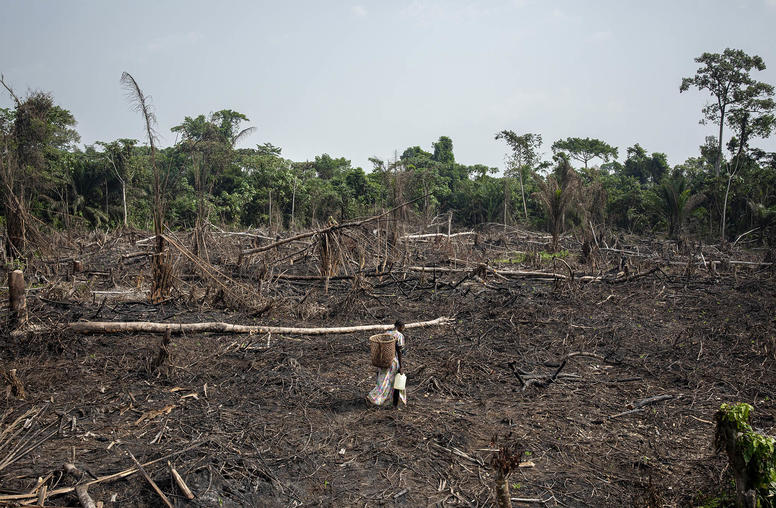
How Climate Change Fuels Instability in Central Africa
Beleaguered by a history of prolonged conflict and socioeconomic insecurity, Central Africa is now considered one of the most vulnerable regions in the world when it comes to climate and environmental shocks. Countries in the region are already feeling the effects, as unpredictable bouts of extreme weather and drought have started to drive displacement, impede governance and incite tensions at all levels of society.
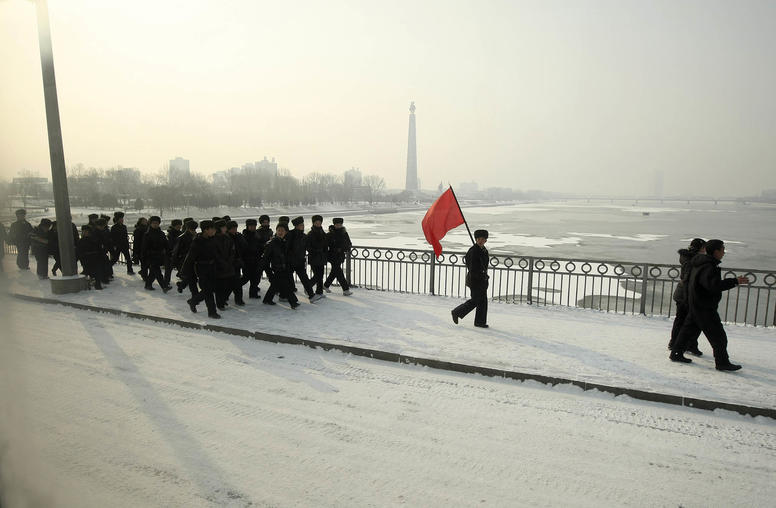
Could Climate Change Compel North Korea to Cooperate?
Like much of the rest of the world, North Korea is experiencing more frequent and more intense climate-related disasters. In the last few years, it has seen its longest drought and longest rain season in over a century. In 2021, the country’s reclusive dictator, Kim Jong Un, called for immediate steps to mitigate the dramatic impacts of climate change, which compound other challenges facing the country, like food insecurity. While North Korea is not exactly known for its efforts to cooperate with the international community, the severe threats posed by climate change could lead to broader engagement that serves Pyongyang’s interests, as well as the interests of the United States, South Korea and China, who all want peace and stability on the Korean Peninsula.